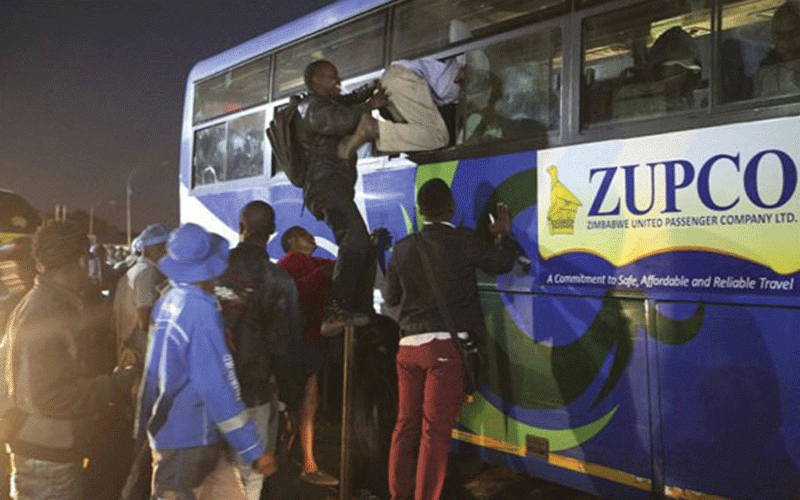
THE Zimbabwe Passenger Association (ZPA) has condemned monopolisation of public transport by associations, raising concern over passenger rights, safety and unfair competition.
ZPA secretary-general Paul Makiwa said in Bulawayo, a specific loading area at the City Hall had been allocated to a single operator, adding that this was an example of monopoly which is a recipe for disaster.
“It results in infringement on passengers' rights, particularly in terms of sales, customer care and timetables. Passengers will be at the mercy of a single operator, with no choice or options,” Makiwa said.
He said such a monopoly was in contravention of the Road Motor Transportation Act and the International Transport Treaty Agreement.
“We cannot allow a single operator to dictate the terms of public transport in Zimbabwean urban areas. It's essential that we have multiple operators on the same route, providing passengers with choices and promoting fair competition,” Makiwa said.
He also argued that the monopoly can result in ill treatment of passengers.
“We have seen instances where operators refuse to refund passengers or provide alternative transport in case of breakdowns. This is unacceptable and we need to ensure passengers are protected from such practices.
“All public service vehicles should obtain the necessary documents, including route authority, fare table, fitness and passenger insurance certificates. This is crucial in ensuring passenger safety and certification. We need to promote a culture of mutual respect and understanding between stakeholders,” Makiwa said.
- 5% of roads in good state: ZPA
- New dam project excites Byo residents
- Passengers bemoan monopoly in public transport
Keep Reading
He called on authorities at the Bulawayo City Council and the police to ensure public service vehicles comply with the Road Motor Transportation Act.
“We need to work together to promote a safe and efficient public transport system. This includes providing proper termini for passengers and ensuring that operators are held accountable for their actions,” he said.
Makiwa said it was important to have multiple operators on the same route.
“This promotes fair competition and gives passengers choices. We don't want a situation where a single operator has a monopoly on a particular route, dictating the terms and conditions of service,” he said.









